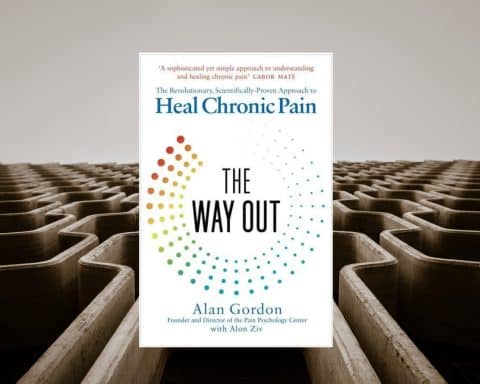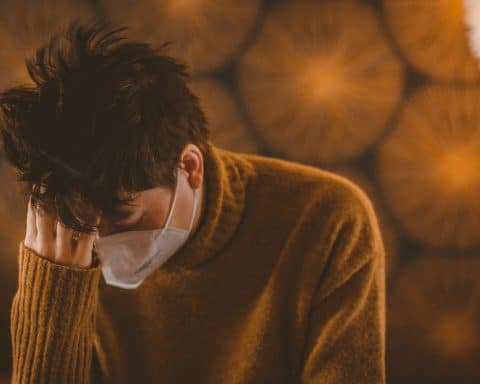Simon Hodes is a GP at Bridgewater Surgeries, Watford and Kit Latham is a former A&E doctor and CEO Credentially (Healthcare hiring, onboarding and compliance).
[wp_time_to_read]
The health system in the UK is already under pressure and if COVID-19 cases escalate as predicted, demand could outstrip the services available. Doctors in primary care, including myself, are already making difficult decisions on which acutely ill patients to recommend for emergency hospital admission. These difficult decisions will increase in the coming weeks and months.
One solution in progress
The NHS put out a call for all recently retired doctors and nurses and, while this is a great initiative and should certainly help, returning clinicians might need training, and an already reduced workforce might struggle to oversee new recruits whilst working under pressure themselves. There is however another potentially untapped resource. Many GPs are well but self-isolating due to household members, many work core hours in normal circumstances or have roles that they cannot currently work because of new government restrictions (e.g. GPs working in private work or specialist clinics) and some work less than full time.
The numbers have rocketed and a steady flow of offers continues to arrive.
With the highly professional, willing, and pro bono assistance of Tim Cowland at Radio Experts (a good friend and advertising consultant), and Dr Kit Latham (a former A&E doctor, who runs Credentially, software that automates sign-up, verification and onboarding in healthcare — who noticed this on Twitter and offered to help), a more professional platform was launched on 24 March 2020.
Within a week the numbers have rocketed and a steady flow of offers continues to arrive. However well prepared, no health service in the world can cope with a spike in demand on the levels predicted due to COVID-19. We need to come up with new and different measures to support the UK’s medical needs at this time. GPs — both currently practising and retired — could form an important part of the many steps already taken in the NHS to increase capacity. Because every contribution helps, no matter how small.
Why help the NHS 111?
NHS 111 is the entry point to the NHS and it is clear that where waiting times are too long for the 111 service, patients lose confidence in the system, start calling back or start to panic if they are becoming unwell. Paramedics say that it is common for patients to call 999 if they are waiting too long for a 111 call — taking out ambulance crews unnecessarily — which is a waste of time and resources, especially if the ambulance then needs to be deep cleaned afterwards. Others will simply attend walk-in centres and A&E, unnecessarily increasing demand. GPs are experts in primary care, in managing risk, and telephone consultations. By helping the 111 service (ideally picking off their own patients) GPs can also offer continuity of care, and provide personalised care rather than the advice offered by a non-medical and anonymous call handler.
How might this work?
The technology already exists for 111 to book patients directly into a slot with their own GP practice, called ‘GP Connect’, but this has not yet been widely rolled out and could be quickly and easily expanded. A second possibility, if the software allows, would be for the ‘Reserve Army’ of GPs to be able to simply log into the pool of 111 calls (using a web based platform or Adastra) and either deal with them in time order, or alternatively search by postcode or GP practice and deal with their own patients (and directly record into their electronic GP records if home access allows). A third project working with ‘Consultant Connect’ is for the volunteer GPs to take calls from 111 handlers or paramedics ad hoc to offer expert advice — as this is a bottleneck in the system. If this project works well, it can be quickly up scaled nationally.
Since launching our initiative, NHS England has now also put a call out for working GPs to assist with the CCAS (Clinical Covid Assessment Service) and GPs can sign up to this now.°
If you would like to sign up to TeamGPvCovid — and this is just an expression of interest with no commitment at this stage — please click visit TeamGPvCovid.co.uk°






